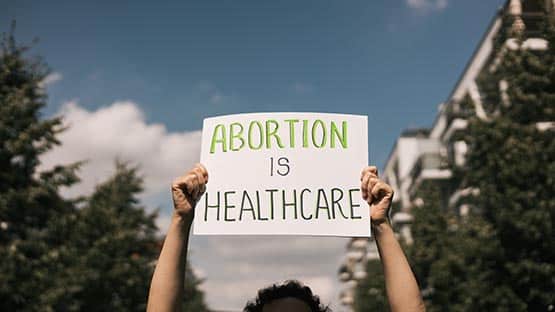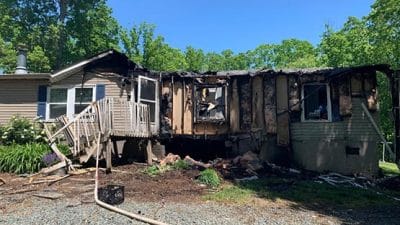
South Carolina’s Fetal Heartbeat and Protection from Abortion Act limits most abortions as early as six weeks into a pregnancy, when early cardiac activity can be detected in a fetus or embryo.
Yesterday, the South Carolina Supreme Court reversed a temporary block on restrictions. Four justices agreed and one dissented. As reported by CNN, after Republican Gov. Henry McMaster signed the legislation into law, Planned Parenthood South Atlantic and several other medical providers filed a lawsuit in state court. South Carolina filed an emergency petition.
“With this victory, we protect the lives of countless unborn children and reaffirm South Carolina’s place as one of the most pro-life states in America,” McMaster said yesterday.
Exceptions are permitted within the law to save a pregnant woman’s life, in the incidence of fatal fetal anomalies and up to 12 weeks for victims of rape and incest.
Justice John Kittredge wrote in one opinion on Wednesday: “To be sure, the 2023 Act infringes on a woman’s right of privacy and bodily autonomy.”
In his opinion, Chief Justice Donald Beatty warned: “The lack of judicial independence renders a court powerless and places it on the edge of a slippery slope to irrelevance.” He said the law places more responsibility on a woman for an unexpected pregnancy.
“The result will essentially force an untold number of affected women to give birth without their consent,” Beatty said.
Planned Parenthood said the decision “will cause irreparable harm to the people of South Carolina.”
Congresswoman Jennifer McClellan of Virginia issued a statement Thursday about the decision in South Carolina.
“The South Carolina Supreme Court’s decision is an egregious infringement on reproductive freedom and a blatant departure from the legal precedent set forth by the same court earlier this year. This decision, handed down by a bench of all-male justices, is dangerous and jeopardizes the health and well-being of millions of South Carolinians, who will no longer be able to access comprehensive reproductive health care services,” she said.
McClellan shared that when she was pregnant with her children, she discussed the impact of abortion restrictions with her doctors.
“The decision to terminate a pregnancy for any reason is a deeply intimate choice that should be made between patients and their providers. Politicians and judges have no place in those decisions. That understanding led me to champion passage of the Reproductive Health Protection Act in the Virginia General Assembly, making our Commonwealth the first state in the South to proactively expand abortion rights. Today, Virginia is the only state in the South without an abortion ban,” McClellan said.
She called the decision in South Carolina “another product of widespread, systematic attacks on reproductive justice in the wake of Dobbs. As a proud original cosponsor of the Women’s Health Protection Act, I signed a discharge petition in June to compel an immediate vote on the bill. We cannot stand idly by and allow these extreme right-wing legislatures and courts to continue undermining reproductive freedom. Congress must take action to defend abortion access.”










